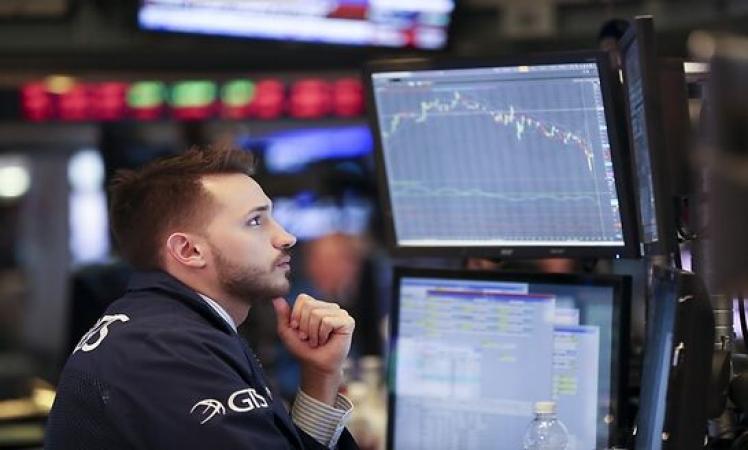September, which begins on Thursday, is historically the worst month of the year for the US stock market.
The Dow and S&P 500 and fell sharply in September last year and in 2020, even though the broader market rallied in both years. That doesn't mean stocks are doomed to finish this September in the red, of course. Stocks rallied in each of the three Septembers prior to the pandemic.
But here's another potentially ominous sign: This is a midterm election year. The Dow has fallen in 11 out of the last 18 pre-midterm Septembers going back to 1950, according to data from The Stock Trader's Almanac, CNN reported.
The Fed's next meeting about rate hikes is on September 21. Several key economic reports are on tap that will give investors more clues about the health of the job market and whether inflation pressures are abating. Congress will be back in session just after Labor Day as well.
"There is no question that there are a number of geopolitical concerns and economic data that could lead to volatility. Investors should be prepared for that," said Josh Emanuel, chief investment officer of Wilshire.
Also Read | Power Grid pitches for obsolete tech in smart electricity meters, can hamper 5G dream
The stock market had a miserable first half of the year, which could mean that the recent rebound (July's sharp rally and a flat, albeit choppy August) may continue, CNN reported.
"The historical concerns about September and October are less relevant this year. There are forces in play that are more significant," said Alex Chaloff, co-head of investment strategy at Bernstein Private Wealth Management. "There are a number of potential catalysts for a fall rally."


















